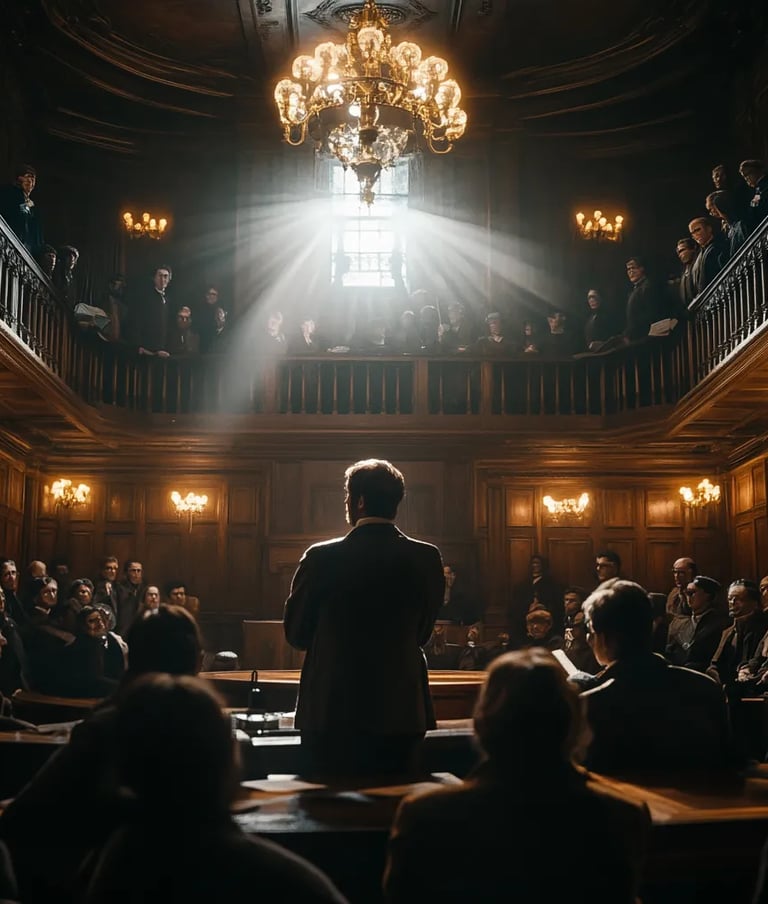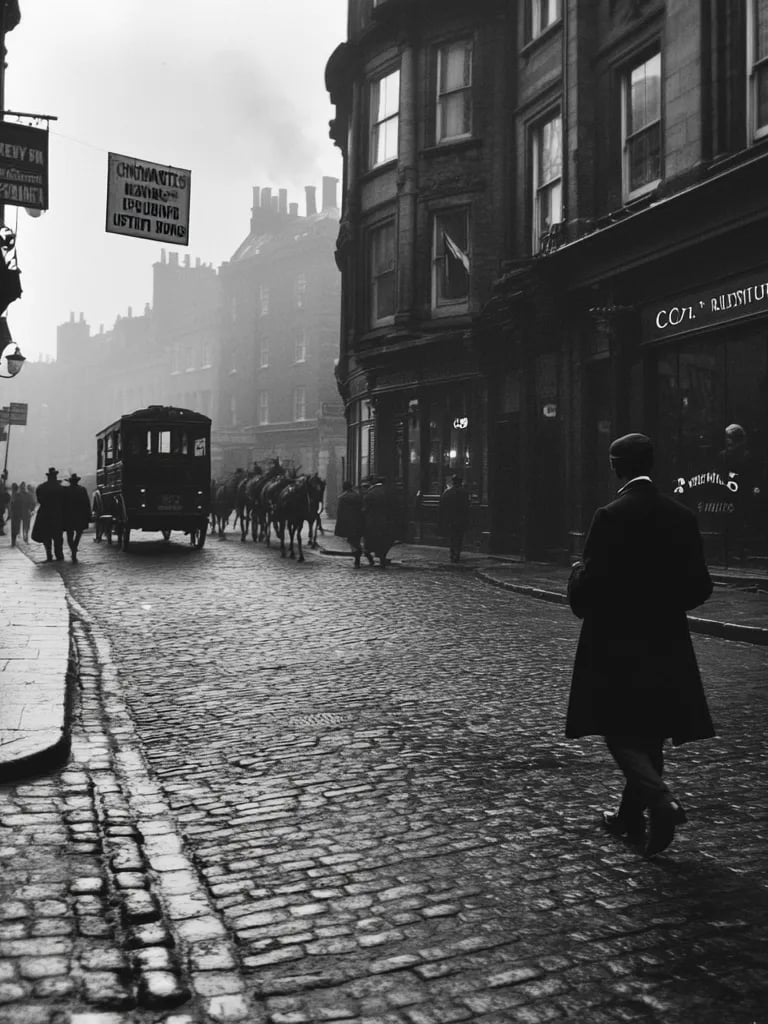In 1349, Jews in the Prince-Bishopric of Constance, who survived riots during the Black Death, were burned to death. This massacre was part of a broader wave of pogroms across Western Europe, fueled by superstition and scapegoating, where Jewish communities were accused of causing the plague through well-poisoning.
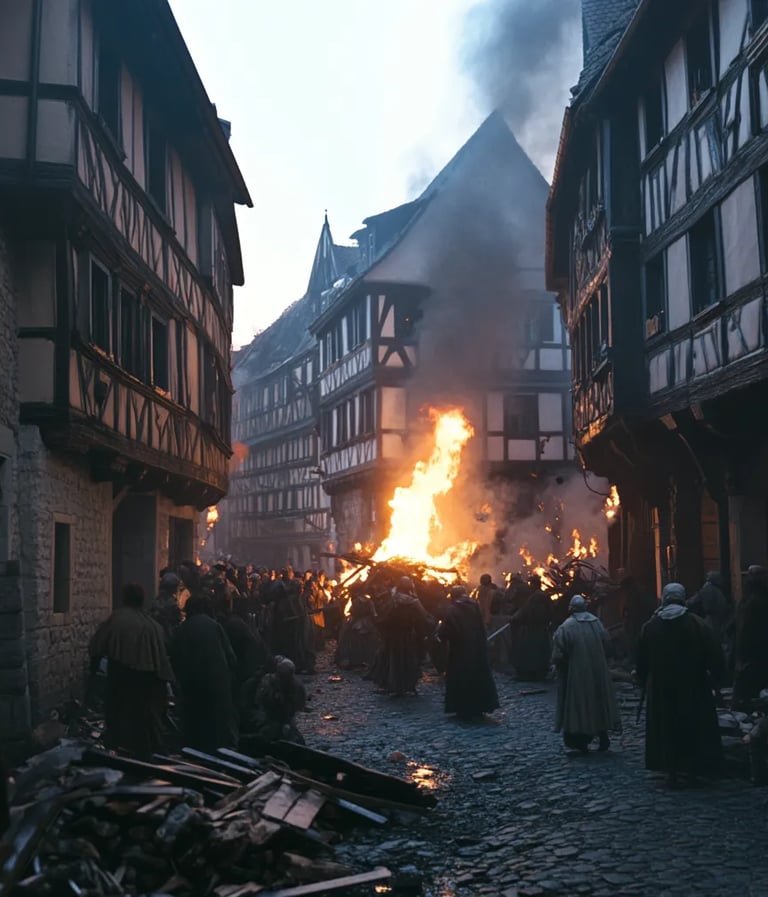

1349 – Black Death Massacre in Constance
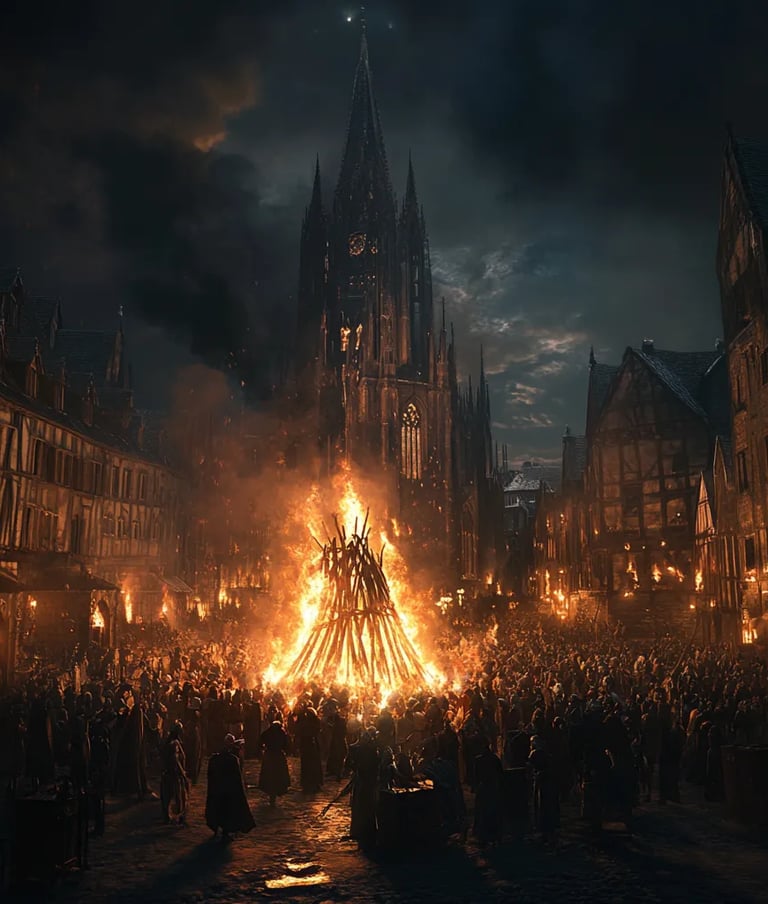

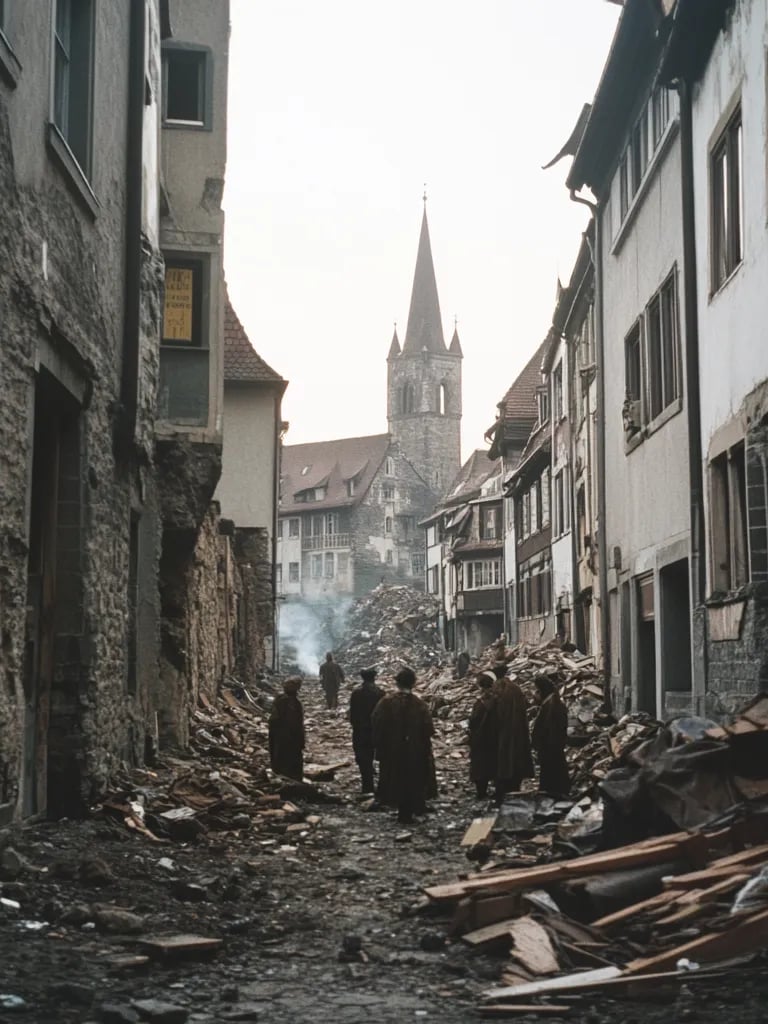

John the Fearless, Duke of Burgundy, was assassinated on September 10, 1419, at Montereau by supporters of the Dauphin (later Charles VII). His death intensified the Armagnac-Burgundian civil war within France, further weakening the country during the ongoing Hundred Years’ War against England, and altering the balance of power among French nobles.


1419 – Assassination of John the Fearless
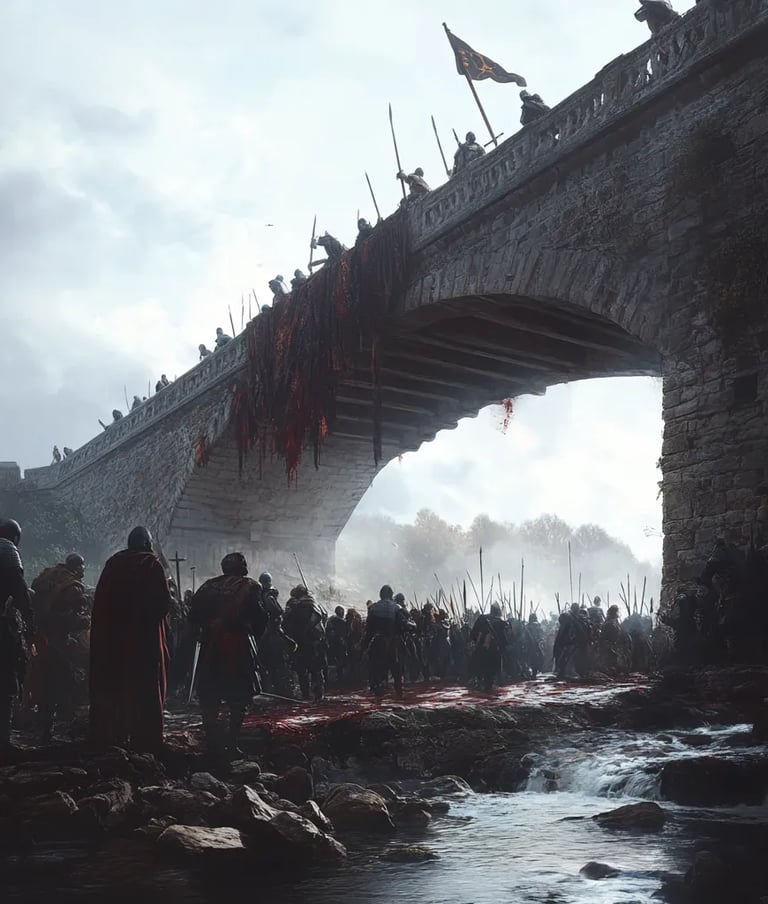

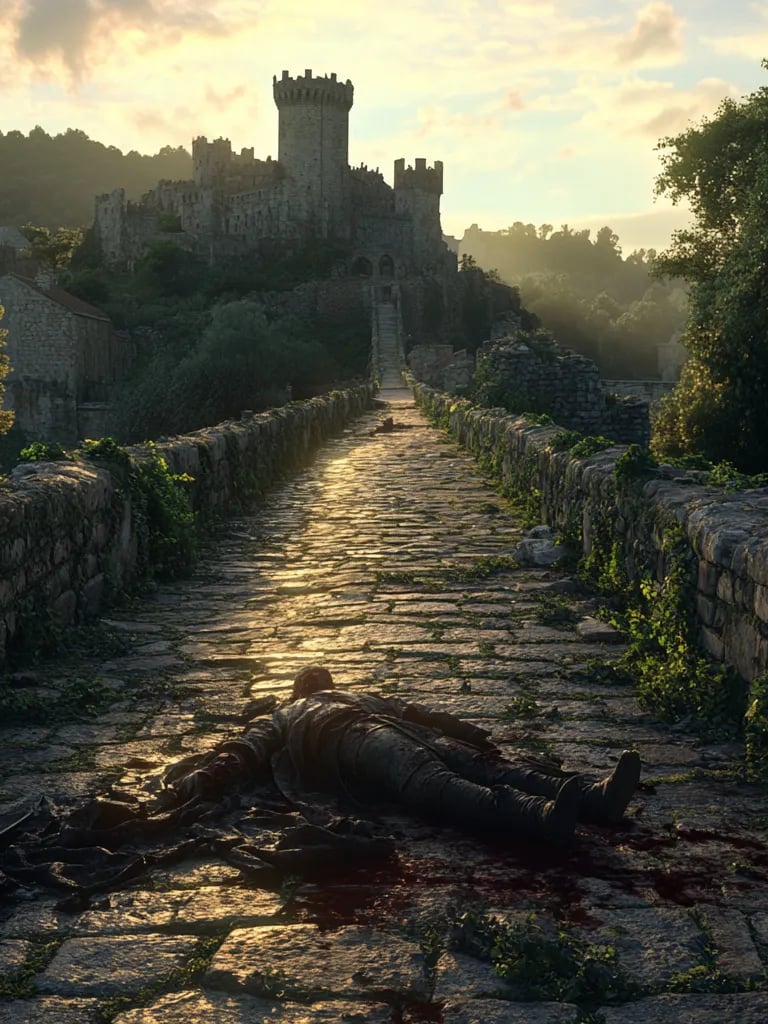

On September 10, 1509, Constantinople was devastated by an earthquake, later known as the "Lesser Judgment Day." The quake destroyed large parts of the city, including homes, mosques, and important infrastructure, killing thousands. It was one of the most destructive natural disasters in the history of the Ottoman Empire’s capital.
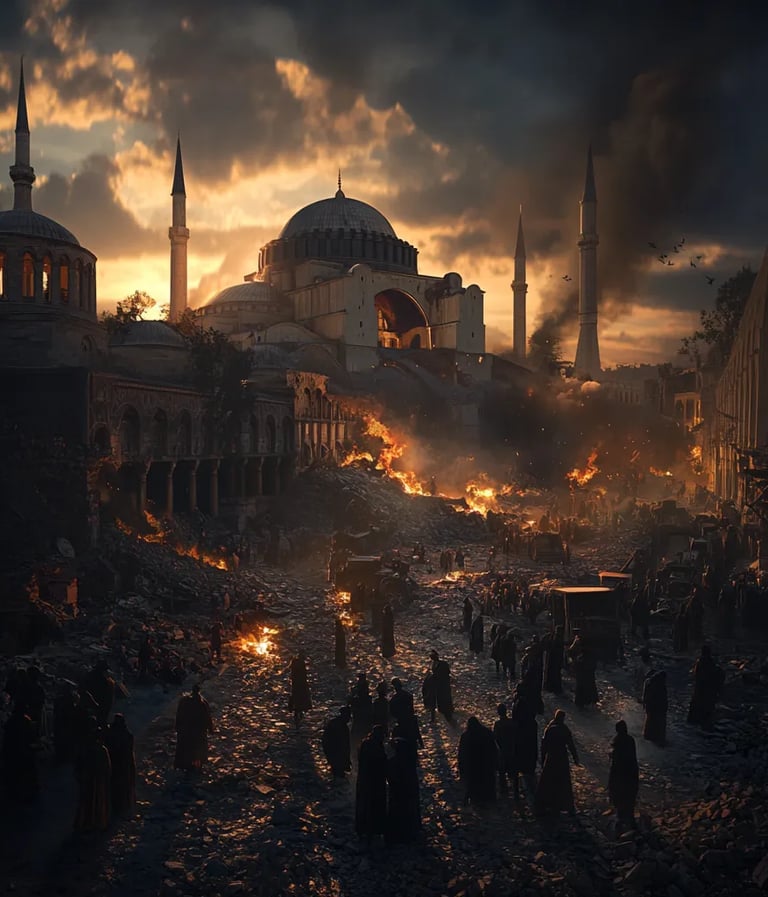

1509 – Lesser Judgment Day Earthquake in Constantinople
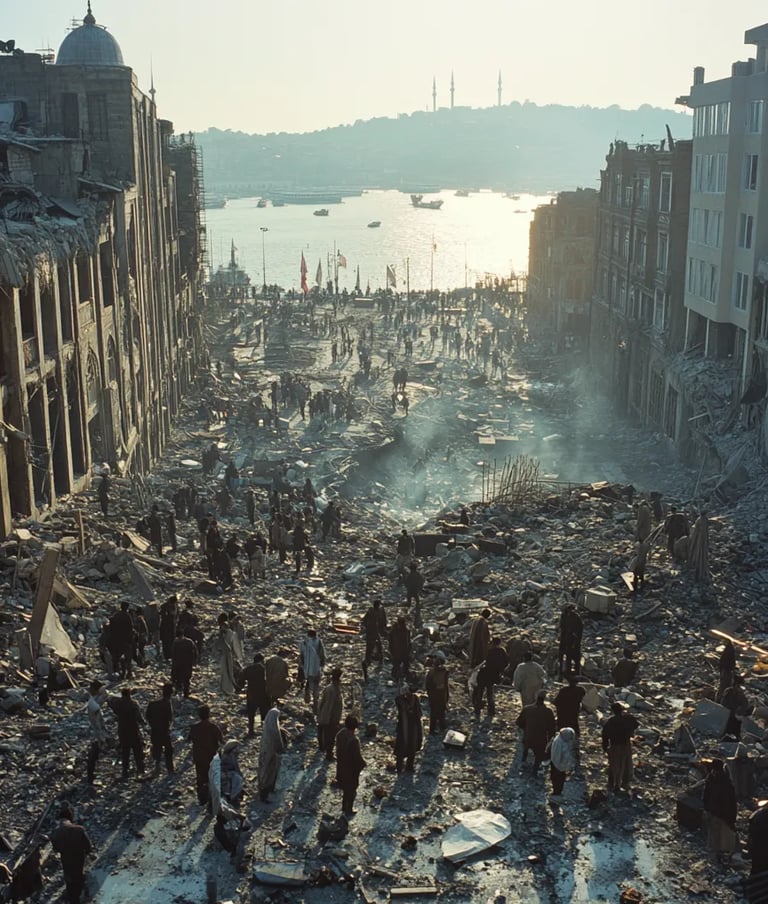

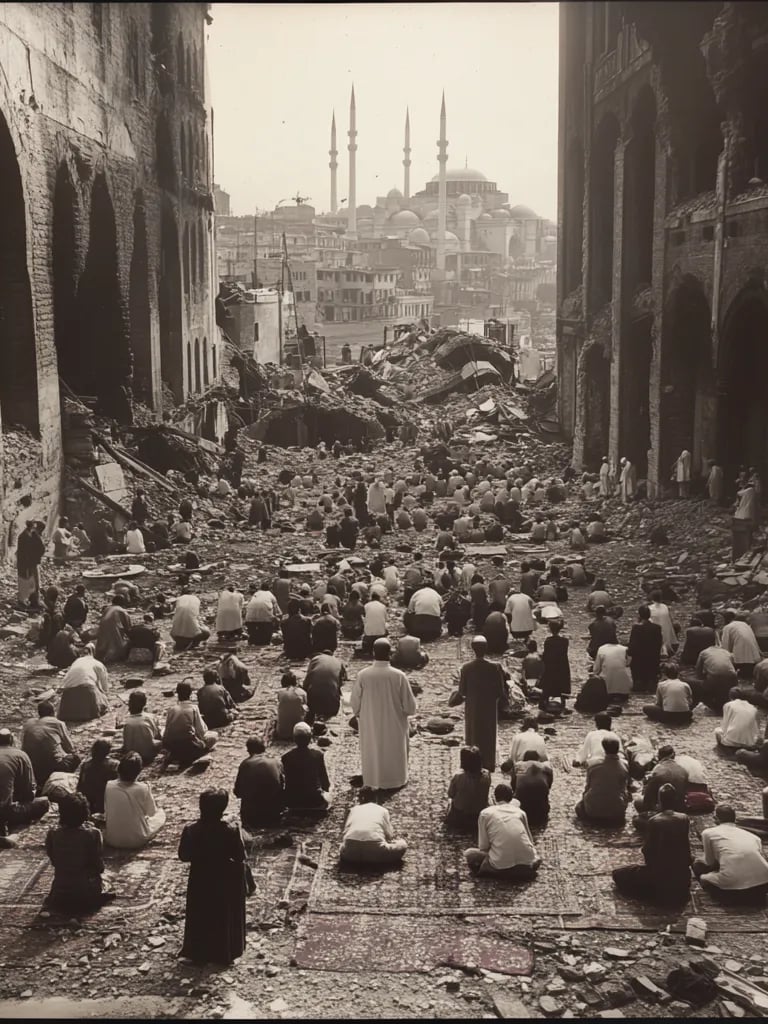

German pirate Klein Henszlein, notorious for terrorizing the North Sea, was executed by beheading in Hamburg on September 10, 1573, along with 33 members of his crew. His capture and public execution marked the end of a feared group of pirates, restoring some order to the region's waters after years of plundering.
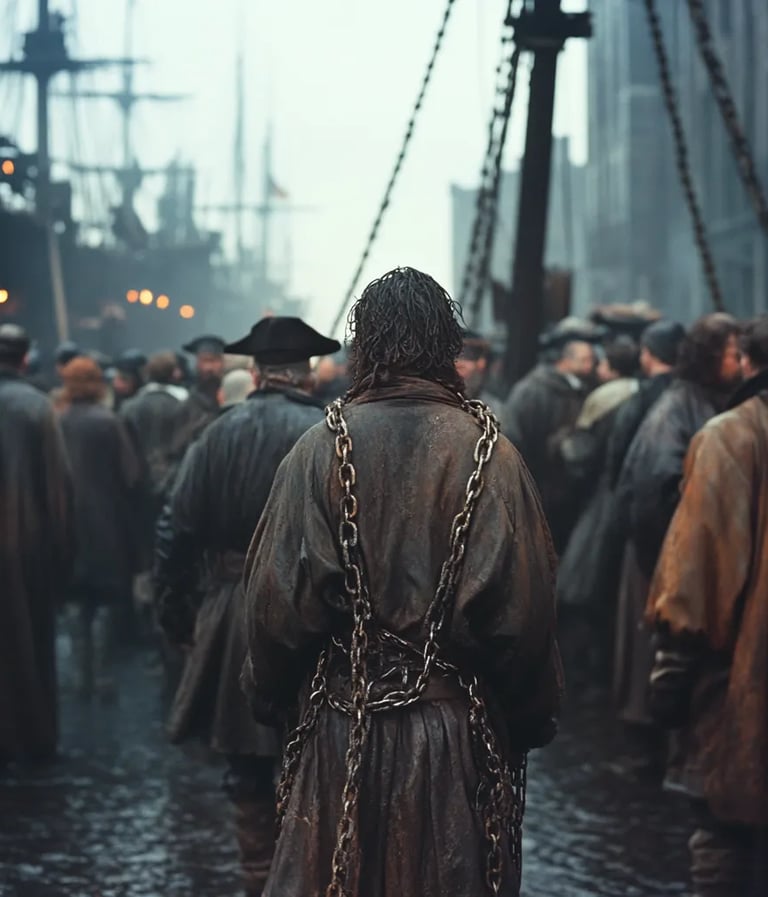

1573 – Pirate Klein Henszlein Beheaded
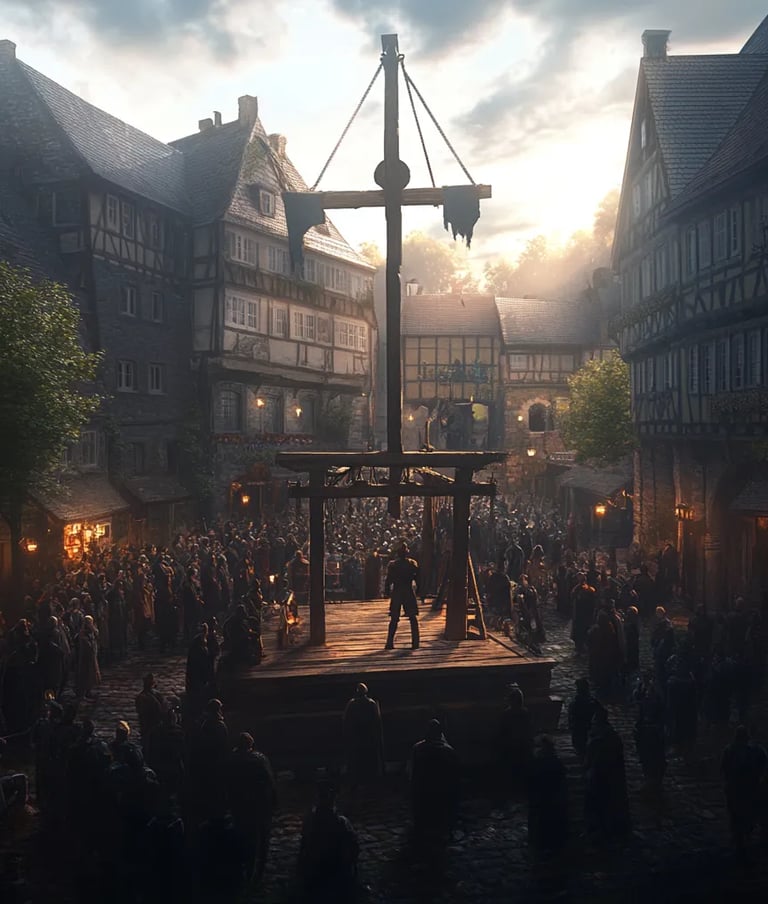

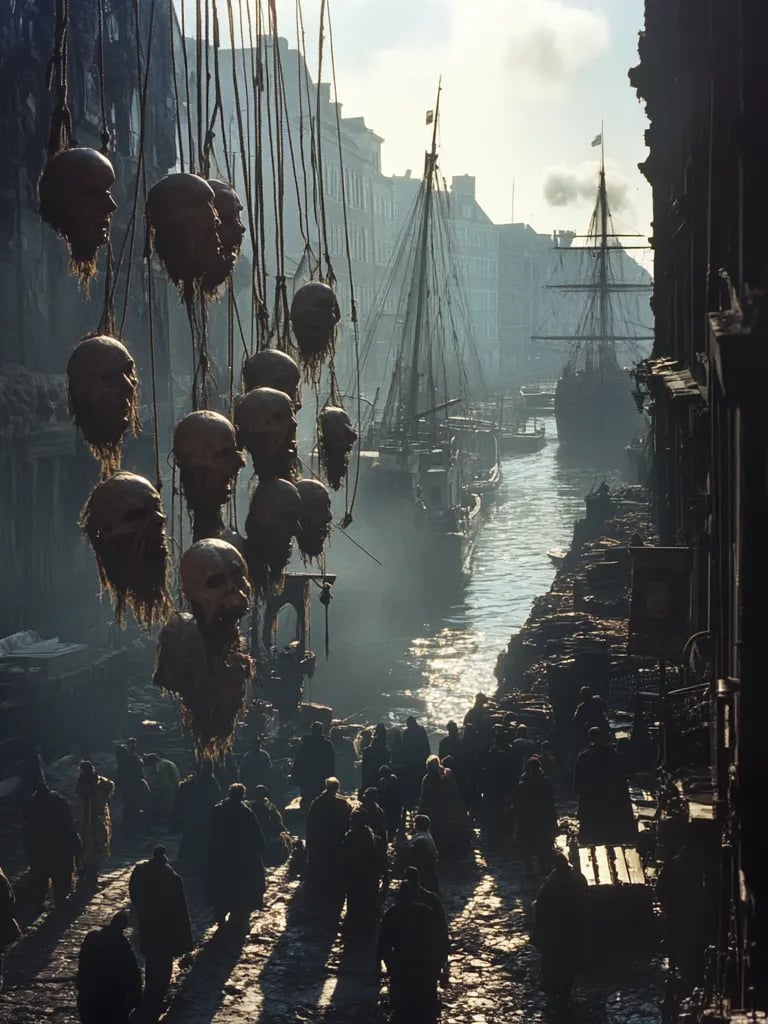

On September 10, 1894, George Smith, a London taxi driver, became the first person to be fined for drunk driving after crashing his cab into a building. He was fined 25 shillings for the offense. This incident marked the beginning of legal enforcement against driving under the influence of alcohol, setting an early precedent.









